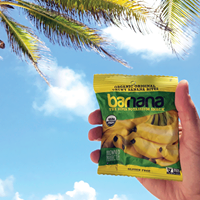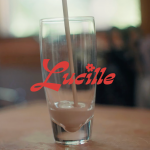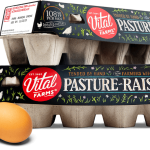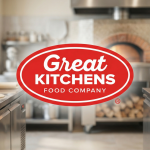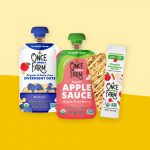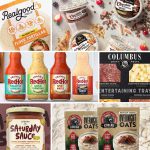NOSH Voices: How Food Industry Innovation Can Answer Our Climate Woes
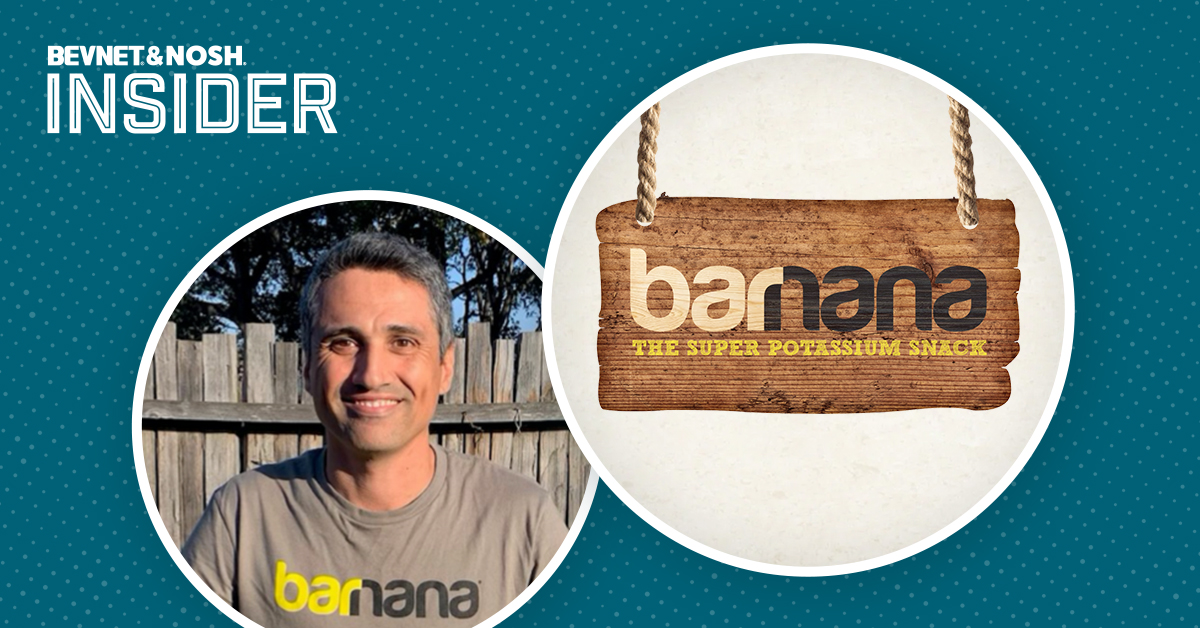
There has been a surge in brands touting sustainability as a selling point particularly at trade shows – from Natural Products EXPO West 2023, to the upcoming Summer Fancy Food Show 2023 this weekend. While the push to create greener products deserves celebration, Miyoko Schinner named an inconvenient truth for our industry earlier this year in the closing keynote at Expo West: “The product itself is not the solution, we have to have larger conversations.” Our food system is a system, after all. The challenges facing food and agriculture demand a holistic approach that includes people, farmers and the planet. Solutions must address the undeniable interconnection between climate change, food waste, soil health, food insecurity and economic self-determination.
In the face of such complexity, it’s no wonder food industry players are grappling with their role in addressing these problems. Some of the world’s largest food companies have been quick to set sustainability goals aimed at 2030 – or worse, 2050 – but are slower in taking much-needed action. Startups are driving innovation, but the pressure to scale still creates a tension between performance and purpose. Here are three ways the food industry can lead in changing its paradigm and practices:
1. Recognize That Innovation Doesn’t Always Require Inventing Something New
Our culture defines innovation as the creation of something new. New technologies and new products are lauded as the path to progress. The wealth of headlines on cell-based meat and precision fermentation offers proof. Yet when it comes to agriculture, I call on the food industry to flip that thinking on its head. Indigenous and smallholder farmers across the globe draw on centuries of ancient wisdom about how to honor their land and its resources. Soil is a vital natural resource that must be managed to mitigate climate change and ensure the productivity of the world’s farmland. As regenerative agriculture becomes a trending phase in U.S. industry circles, many Indigenous and smallholder farmers have long been using regenerative methods that protect soil health and biodiversity. In response, the food industry must prioritize supply chains that include these agricultural workers and reward them economically for their sustainable practices. Doing so will only support the Food and Agriculture Organization of the United Nations’ call to help people build productive livelihoods in the rural sector so they don’t need to migrate.
Regenerative food startup GoodSAM has done just that. Founder Heather Terry understands that regenerative agriculture starts with the people caring for the land. As such, GoodSAM’s innovation model prioritizes its equitable supply chain, putting farmers first and products second. The company has established direct partnerships with smallholder farmers in Columbia in collaboration with Luker Chocolate, and buys all of their commercially viable crops – from nuts to cacao to coffee – for its products. The result is sustainable support for local farming communities, and an antidote to planet-depleting monocropping. These small farmers receive year-round revenue from GoodSAM, and are rewarded for growing a variety of crops that support biodiversity and soil health.
2. Approach Innovation Holistically to Address Multiple Problems
The majority of our food moves through a system of production and distribution to get to our plate. Nothing happens in a vacuum. That’s why food companies need to think holistically about how their operations can address resource constraints and emissions at multiple points in the supply chain. Take Do Good Foods as an example. The promising startup’s first consumer product, Do Good Chicken, is animal chicken fed with feed made from upcycled retail food waste. Yet, the company’s purpose is not to simply launch a consumer brand.
Founder Justin Kamine aims to evolve the current food system in a way that reduces waste at the retail level, as well as the environmental impact of animal agriculture. Currently, 30 percent of all U.S. retail food waste is generated by grocery stores – a whopping 9.6B pounds of waste per year. Raising animals for meat requires vast quantities of feed, which drives habitat loss for agricultural conversion and soil depletion from monoculture crops. Do Good Foods works with grocery chains to collect food that is still good, but can’t be sold – and processes it to create high-quality feed for chickens raised on cage-free farms. Food companies large and small can take inspiration from this model. Do Good Chicken is on-trend for consumers who increasingly demand climate-conscious foods, yet its systemic approach to innovation that impacts multiple problems deserves real applause.
3. Fight Invisible Food Waste With Byproduct Upcycling
In the past five years, awareness of the role of food waste in driving greenhouse gas emissions has grown by leaps and bounds. Now, the tension between waste and food insecurity is also getting its due. We produce 1.5 times the amount of food needed to feed the world’s population, yet nearly 830 million people around the globe are affected by food insecurity. One-third of all food produced globally – approximately 1.3 billion tons – is lost or wasted every year. Marion Nestle put it plainly at Food Tank’s World Food Day Summit: “waste is built into the system.” Upcycling has emerged as a key part of the solution, and momentum is growing. The Upcycled Food Association, which has grown from nine founding members to more than 200 members in only three years, is building a movement of companies finding new uses for food that would have otherwise been wasted. It’s easy to understand how fruit that doesn’t meet retailers’ cosmetic standards is still edible, but manufacturing byproducts are an invisible source of waste that the industry can and should tackle.
Atomo Beanless Coffee, which closed a $40M Series A funding round in 2022, is an example of a company using byproducts to reduce the significant environmental impact of traditional coffee production. Atomo has developed a proprietary process to transform upcycled date pits and other ingredients into a beverage that mirrors the experience of coffee, without using traditional beans. Whole Foods Market’s 2023 Trend Forecast recently highlighted the boon of companies who are upcycling oat, soy and almond pulp byproducts from non-dairy milk production into products like alternative flours, baking mixes and ready-to-eat sweets.
Advocacy around single issues like food waste, emissions from agriculture, and hunger are critical, yet it’s high time we recognize the interconnection between these problems. If we challenge ourselves to act inclusively and holistically to evolve our food system, we stand a chance for a future where both our planet and its people can thrive.
Caue Suplicy is the founder and CEO of Barnana, an organic and upcycled snack company. The brand is based in Los Angeles with a manufacturing and supply arm located in Quito, Ecuador.
